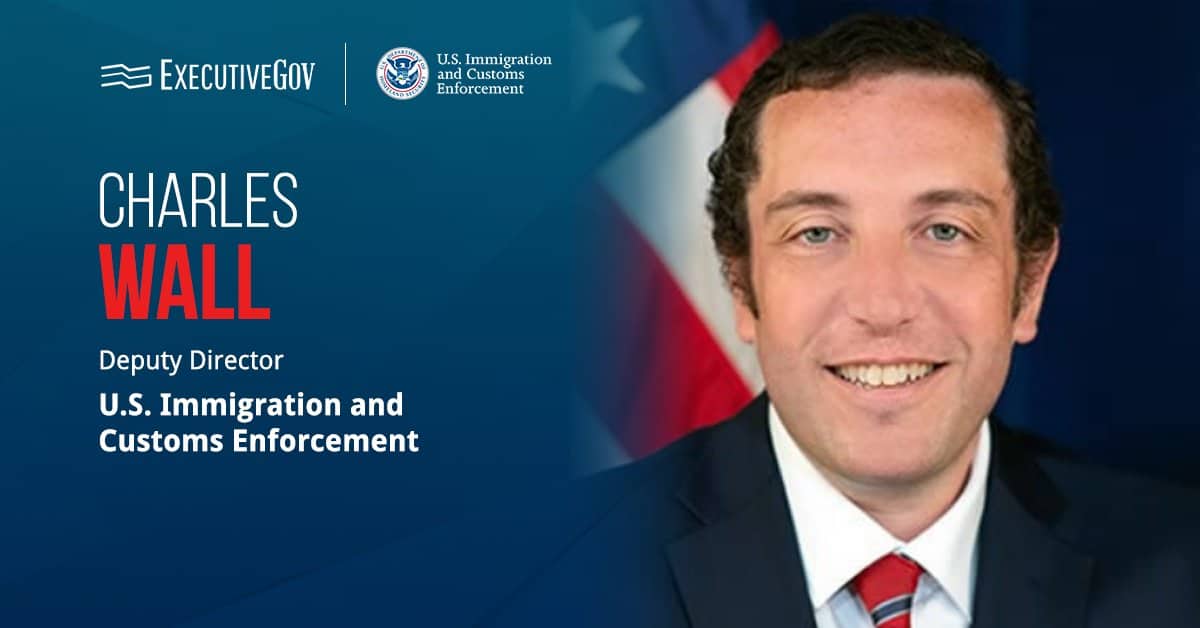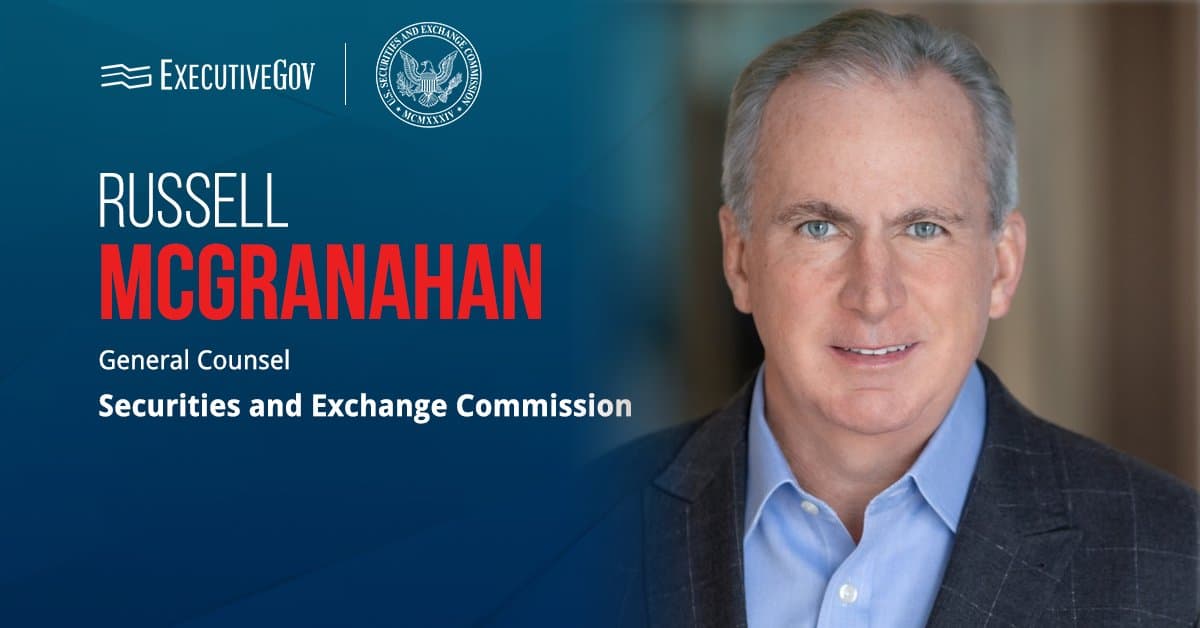
Elaine McCusker, deputy comptroller at the Department of Defense since August 2017, will be nominated by President Trump to the comptroller post. McCusker previously served as director of resources and analysis at U.S. Central Command, where she advised the Centcom commander on various matters such as budget and warfighting analysis, the White House said Wednesday.
She has more than 10 years of government service, which included time as a Senate Armed Services Committee staff member and five years at the DoD. Her industry and academic career encompassed six years of work for the Department of Energy’s Argonne National Laboratory and four years at University of Washington.
McCusker’s professional background spans across the acquisition, analysis, contingency operations and science and technology areas.





